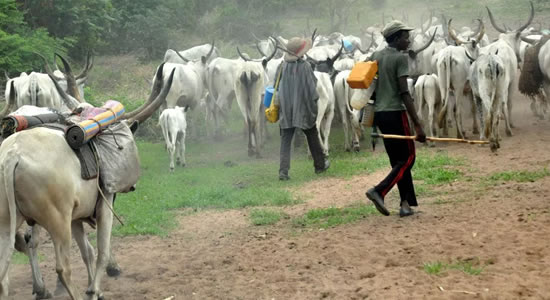A Non-Governmental Organisation (NGO) named Association for the Promotion of Livestock Production in Sahel and Savannah (APESS) has trained about 60 herdsmen on modern livestock business. The participants were drawn from the north-western states of Sokoto, Kebbi and Katsina.
During the kick-off of the training exercise, the APESS National Coordinator, ArdoAliyu, disclosed that the projects were brought into being to support livestock mobility for better access to resources and markets in the three states.
Aliyureiterated thatthe initiative will also assist in no small measure in addressing farmers/herdsmen feud as well as enhancing unity and understanding between the two parties. He added that APESS will give a face-lift to some livestock markets in border communities ofKatsina, Kebbi and Sokoto states.
This, according to Aliyu, would add value to the agribusiness sector of the communities in parameters such as tax collection formations, marketers’ unions, livestock loading processes in the markets as well as other chains of animal productions would be enhanced.
According to him, the project tagged “APESS-PAMOBARMA PROJECT” was in partnership with Acting for Live (AFL), a French-based Non-Governmental Organization and is being supported by both the European Union (EU) and French Development Agency (FDA).
In his remarks, Prof. AbdulkadirJunaid, the Sokoto State Commissioner for Fisheries and Animal Healthdescribed the efforts as laudable. He reiterated the state Governments' commitment to enhancing livestock keeping and other agricultural businesses and assured adequate cooperation and support toward achieving the success of the programme.
More so, one of the resource persons, DrUmarShehu-DakinGari, informed various strategies of improving and formulating animal feeds. This was according to him necessary, considering the fact that grazing fields are now scarcely available in the north-western region of the country.



















